Does Touching Your Face Cause Acne? 3 Prevention Tips To Help
Put a stop to constant breakouts with simple changes in your diet and skin care routine.
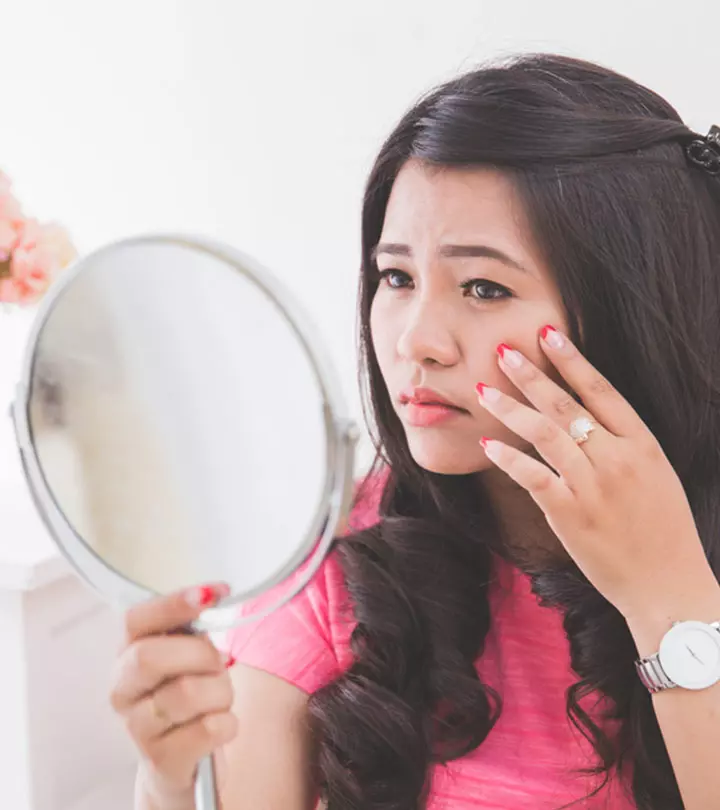
Image: Shutterstock
You have probably been thinking for a while now, “Does touching your face cause acne?” This might have made you wonder if not touching your face will actually make the zits disappear. While not touching the breakouts and resisting the urge to pop them might be helpful to some extent. However, it will not make your acne disappear.
This article explains the truth behind this widespread belief and lists preventive measures you may take to minimize acne. Read on to know more.
In This Article
Does Touching Your Face Cause Acne?
No, touching your face will not cause acne, but aggravates it. The main factors that cause acne include:
- Excess sebum production
- Bacterial infection (especially acne-causing bacteria like P. acnes and S. aureus)
- Clogged skin pores and infected hair follicles .
The hair follicles on your skin are connected to the sebaceous glands. Often, excess sebum production, dead skin cells, dirt, impurities, and bacteria get trapped in the follicles or skin pores, causing inflammation and acne.
Several other factors can trigger acne. They include:
- Hormonal imbalances (may cause excess sebum production, especially during puberty)
- Corticosteroids (1)
- Diet (especially food with a high glycemic index) (2)
- Smoking (3)
- Stress (3)
While touching your face, alone, cannot cause acne, it can certainly exacerbate the issue and worsen inflammation (4).
Your hands come in contact with millions of germs when you touch different surfaces. Most of us unknowingly transfer those germs and dirt to our faces when we touch them. The germs, impurities, and dirt can worsen the active acne. Rubbing your face frequently also triggers acne, which is known as acne mechanica.
It is worse if you poke and fiddle with the acne on your skin. This habit can wound your skin, push the dirt deeper, and worsen the infection further. Hence, it is better to keep your hands off the acne.
While not touching your acne may not help clear the breakouts, it can be the first step towards stopping yourself from touching your face. Here are some tips to help you be mindful each time you are about to scratch your face.
How To Stop Touching Your Face And Picking At Acne
1. Be Mindful
Most of us touch our faces unknowingly, and mindfulness is crucial to avoid this. The next time you are about to touch your face, pause. Think of the reason you were about to touch your face – was it in response to some irritating factor like a stray hair strand on your face or itching? Or is it habitual? When you learn what triggers your action, you are likely not to repeat it.
2. Hold Or Wear Something In Your Hands
Try wearing something on your wrist – perhaps a bangle or trinkets. Every time you move your hand to touch your face, the movement of the objects on your wrist will remind you not to touch it. You can also hold an object in your hand (like tissue paper or a handkerchief). This way, you will be aware of your hand movements.
3. Take Steps To Prevent The Triggers
If you often touch your face to move the stray hair strands, consider tying your hair in a ponytail or using hairbands or hairsprays to keep them in place. If your face gets itchy, and you scratch it often, use a moisturizer to avoid dryness. If you often rub your eyes after staring at the computer for a long time, use lubricant eye drops. If you are sensitive to certain foods, avoid foods that cause acne.
4. Ask Your Family And Friends To Help
Ask your family and friends to notify or remind you if they see you touching your face. This can help you be more mindful of your habits.
 Quick Tip
Quick TipOften, it is impossible to avoid touching your face. In such situations, wash your hands to clean the dirt, bacteria, and impurities. Acne management encompasses both lifestyle habits and proper treatment. Here are a few tips to help you prevent acne.
Preventing Acne: What You Should Know
1. Modify Your Diet
While the relationship between diet and acne is controversial, foods having a high glycemic index can worsen your acne. Avoid junk foods, cookies, and sugary beverages. Consume fresh fruits, vegetables, and whole grains. Milk is also associated with acne as it contains hormones and growth factors that may worsen your condition. If possible, drink organic, plant based and hormone-free milk or avoid dairy products (2).
2. Modify Your Skin Care Routine
Besides your diet, you may also alter your skin care routine. Use mild cleansers with salicylic acid to wash your face. Avoid overwashing. Use products with acne-fighting ingredients like benzoyl peroxide and tea tree oil. If you have severe acne, you may need oral medications and topical creams. Consult a dermatologist for proper treatment and product recommendations.
Samara, a blogger has suffered from acne and managed it with simple tips. She has shared her experience in a blog post where she says, “I got to know that I was using a harsh surfactant facewash on my face. And was putting my skin under stress by using a lot of products. Which resulted in acne breakouts (i).” After this, she changed her skin care routine, and noticed that her skin was getting much better.
 Pro Tip
Pro Tip3. Avoid Pimple Popping
Don’t give in to your temptation to pop that red pimple on your face. Squeezing zits causes open wounds and may lead to further infection and inflammation. Pimple popping may often leave behind blemishes and acne scars.
That was a quick gist of how to prevent acne. But if these measures fail and you have recurring or severe acne, consult a dermatologist immediately. Acne treatment involves a combination of systemic antibiotics and topical therapy.
The Bottom Line
Touching your face does not cause acne, but it does aggravate inflammation and acne. Excess oil production, hormonal imbalance, and infection cause acne to develop. On top of that, fiddling and touching your acne transfers germs from your hands to your skin, making the acne worse. Following simple tips such as not touching your face and asking your family members for help in successfully doing so will make a difference for sure. Along with that, a proper skincare routine and balanced diet will prevent further acne breakouts. Consult a dermatologist if you have severe acne.
Frequently Asked Questions
Will my acne heal on its own if I leave it alone?
Yes. Acne heals on its own in a few weeks. However, if your acne persists after a few weeks, consult your doctor.
Can washing your face cause acne?
No. Washing your face with mild cleansers twice a day will help manage your acne. Ensure that you do not overwash your face as it may aggravate your acne further.
Can acne spread by touching?
No. Touching your face does not spread acne. However, the germs on your hands may worsen existing acne. Avoid touching your face as much as possible.
Is acne genetic?
Yes, acne can be influenced by genetics. In recent research, scientists have identified a correlation between acne vulgaris and specific genes like IL, TNF, RETN, CYP family, MMPs, and TIMPs. These genetic factors may play a role in the development and outcome of the disease (5).
Is the sun good for acne?
Sun exposure may temporarily improve acne due to its anti-inflammatory effects and ability to dry out skin (6). However, excessive sun exposure can lead to long-term skin damage, increased risk of skin cancer, and may worsen acne in the long run. Sunscreen is crucial to protect the skin. Consult a dermatologist for personalized advice.
Key Takeaways
- Excess sebum production, bacterial infection, and clogged skin pores and hair follicles are the leading causes of acne.
- Hormonal imbalances, corticosteroids, smoking, stress, and an unhealthy diet can trigger acne.
- Adopt a healthy diet, modify your skin care routine, and avoid pimple popping to prevent acne.
Discover healthier alternatives to tackle blemishes without causing damage in the following video. It also offers essential tips and valuable insights on breaking the habit of squeezing spots and taking control of your skincare routine.
Personal Experience: Source
StyleCraze's articles are interwoven with authentic personal narratives that provide depth and resonance to our content. Below are the sources of the personal accounts referenced in this article.
(i) My Struggle With Facial Acne So Far, And What I Did To Make It Betterhttps://medium.com/@simsonsamara95/my-struggle-with-facial-acne-so-far-and-what-i-did-to-make-it-better-78a85cb0401a
References
Articles on StyleCraze are backed by verified information from peer-reviewed and academic research papers, reputed organizations, research institutions, and medical associations to ensure accuracy and relevance. Read our editorial policy to learn more.
- Acne
https://www.ncbi.nlm.nih.gov/pmc/articles/PMC1633755/ - The relationship of diet and acne
https://www.ncbi.nlm.nih.gov/pmc/articles/PMC2836431/ - Acne and smoking
https://www.ncbi.nlm.nih.gov/pmc/articles/PMC2835905/ - Skin care for acne-prone skin
https://www.ncbi.nlm.nih.gov/books/NBK279208/ - Genetic Variants Associated with Acne Vulgaris
https://www.ncbi.nlm.nih.gov/pmc/articles/PMC10473401/#:~:text=In%20recent%20years%2C%20some%20researchers,and%20prognosis%20of%20the%20disease. - Sun exposure, a relevant exposome factor in acne patients and how photoprotection can improve outcomes
https://pubmed.ncbi.nlm.nih.gov/36946555/#:~:text=Solar%20radiation%20can%20temporarily%20improvefour%20relevant%20studies%20were%20found.
Read full bio of Dr. Sravya Tipirneni
Read full bio of Eshna Das
Read full bio of Swathi E





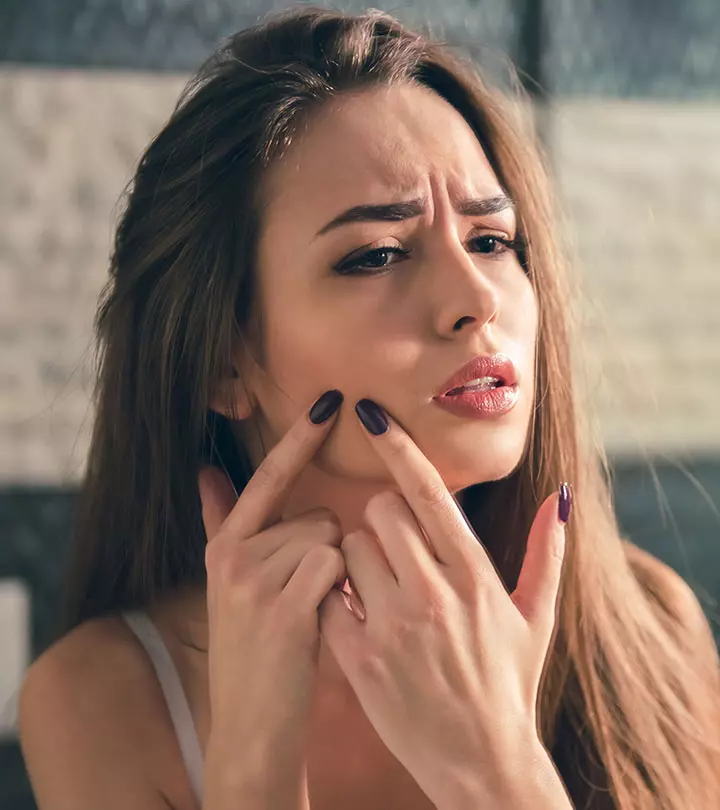
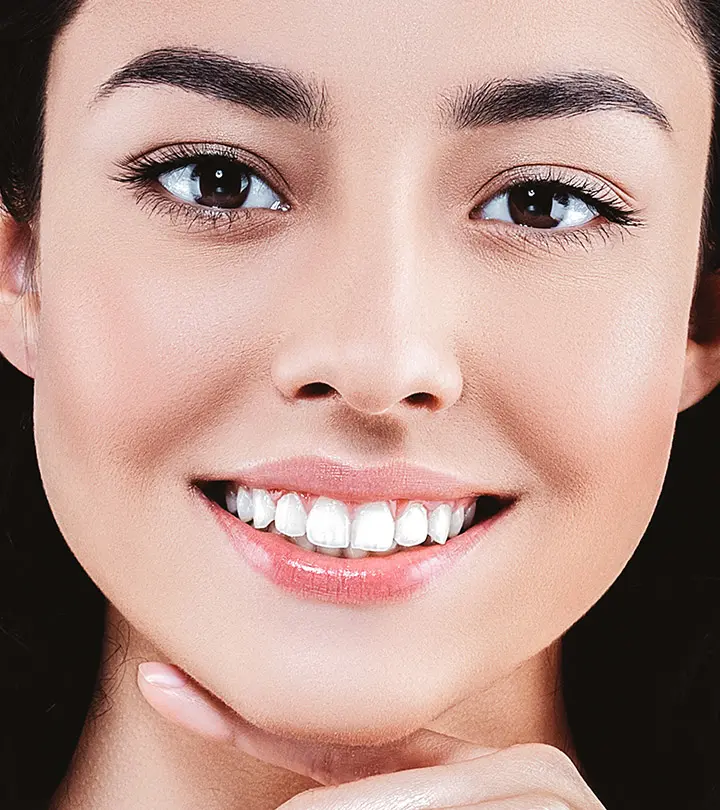

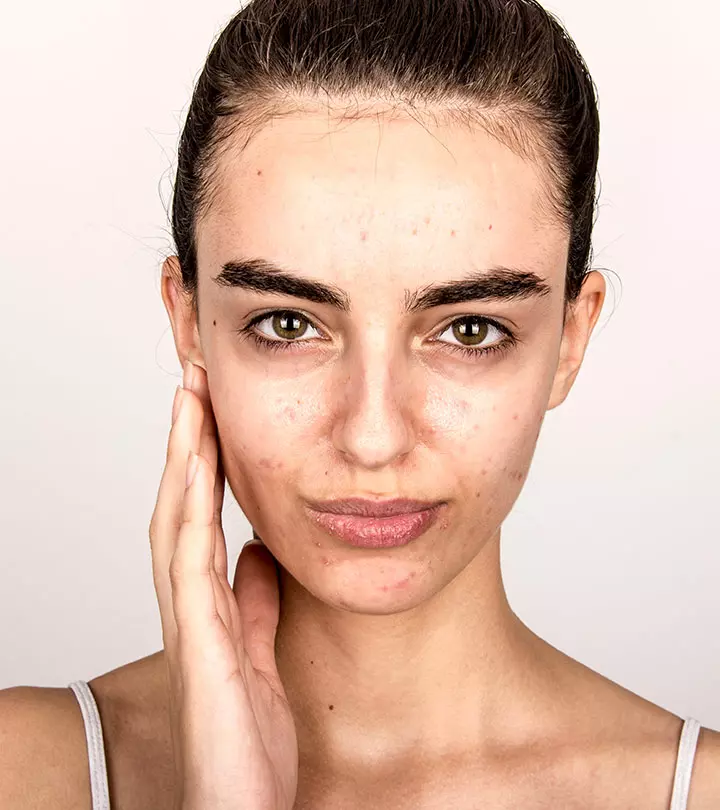
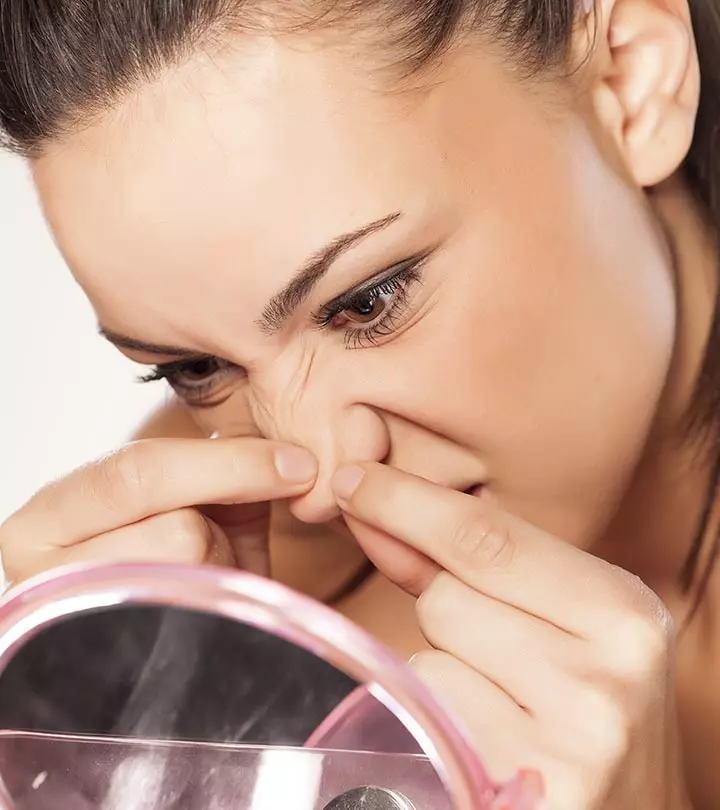


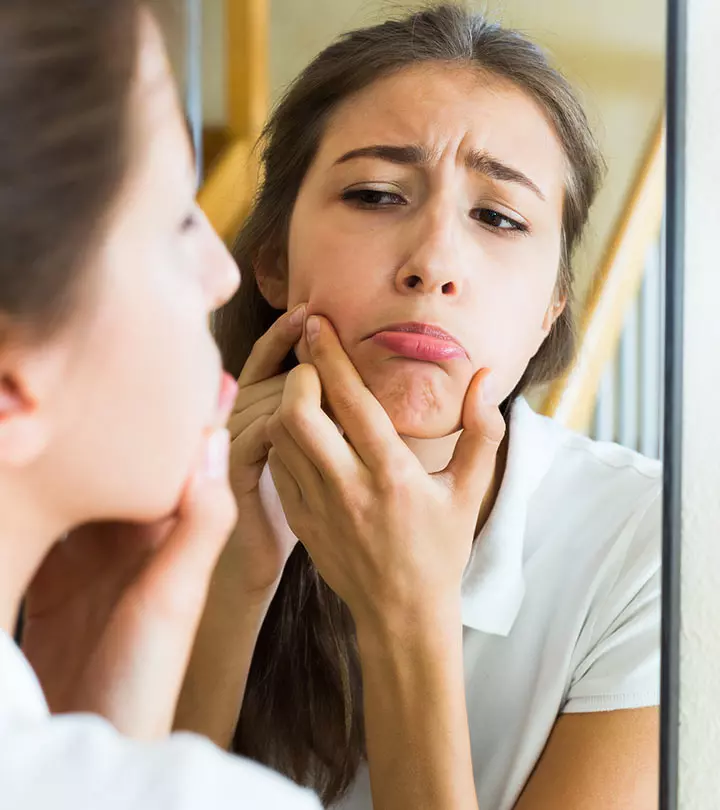

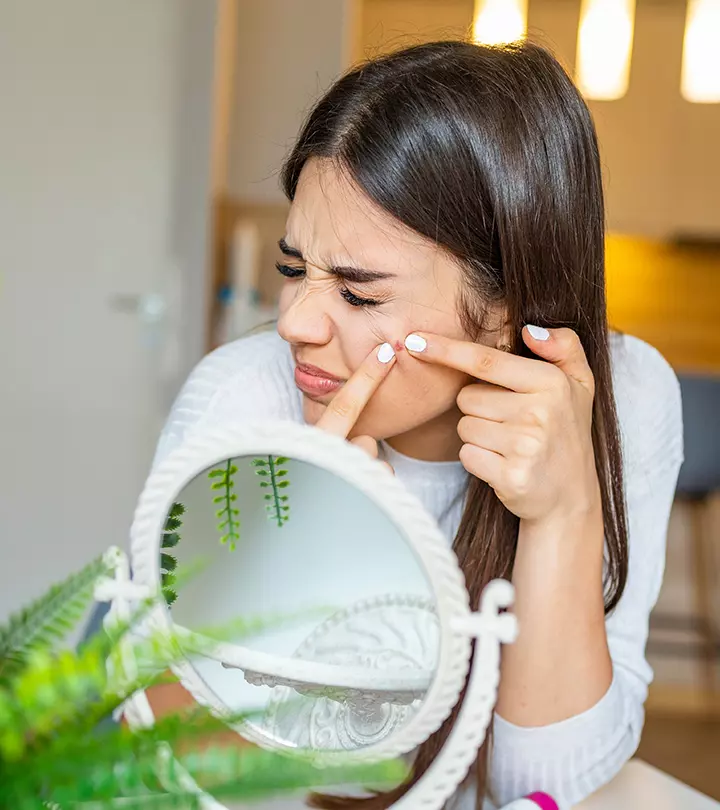

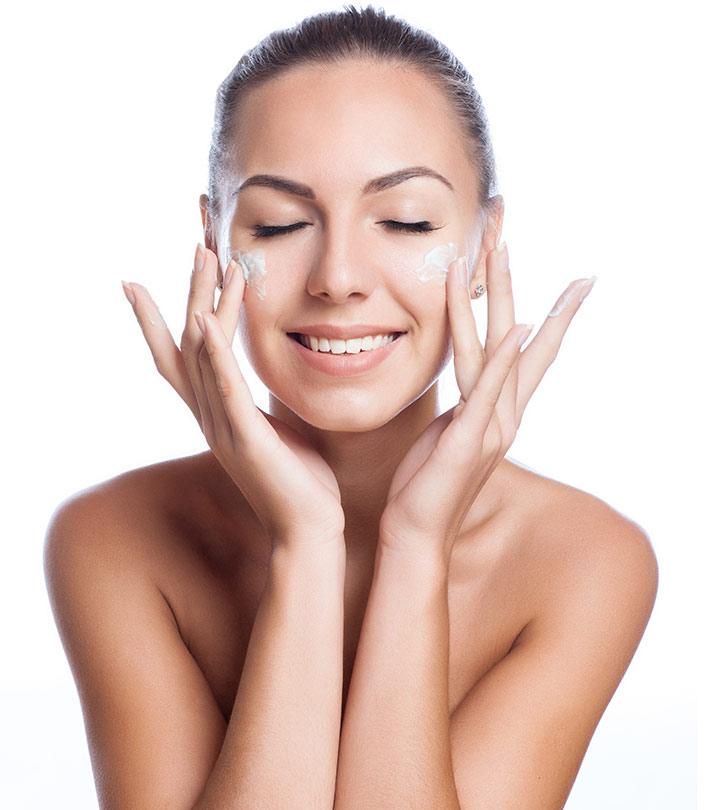
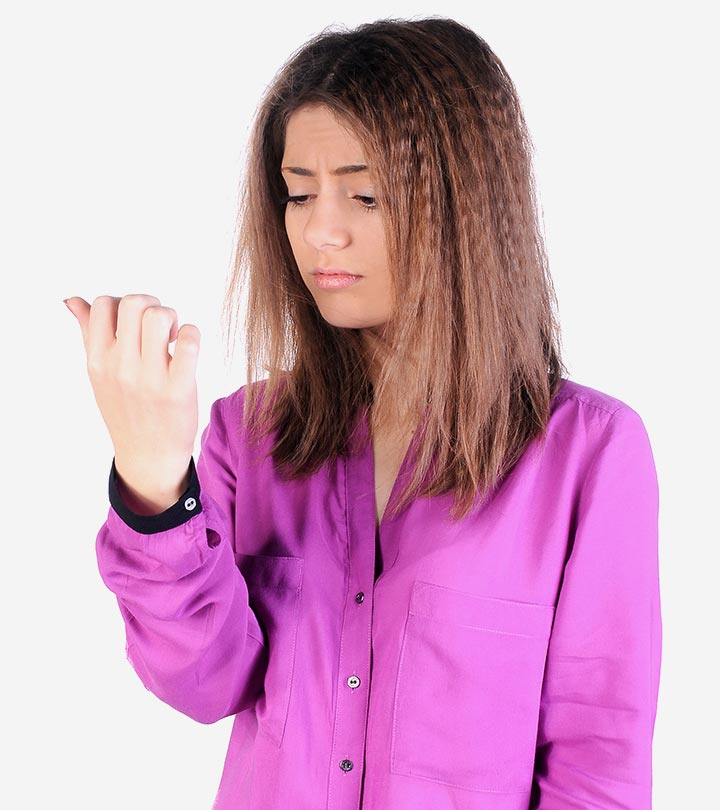
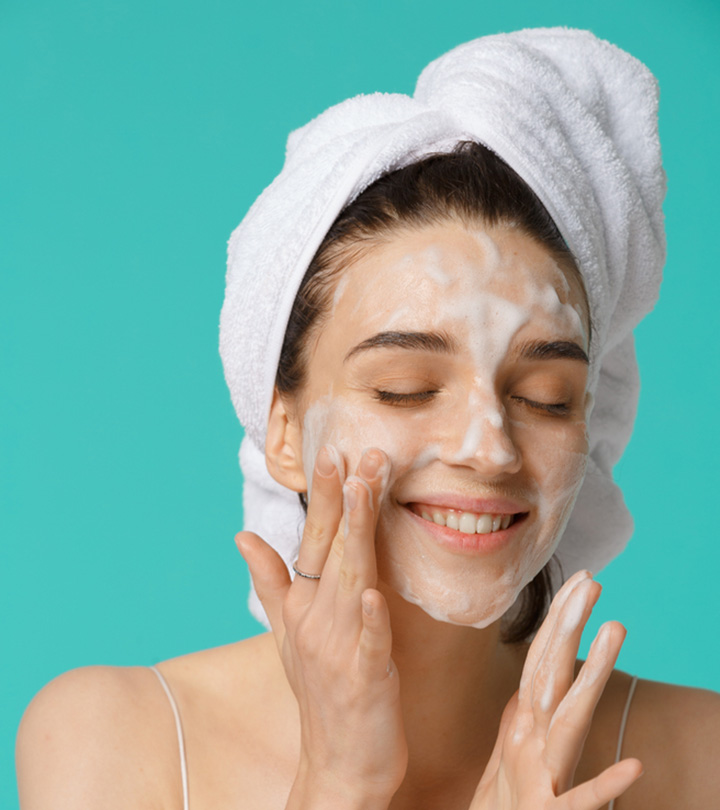
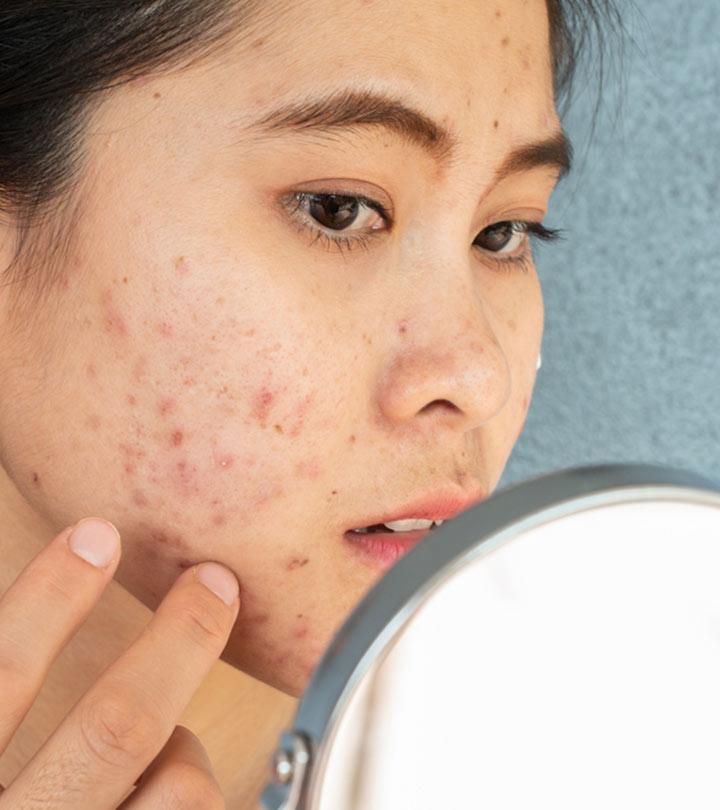
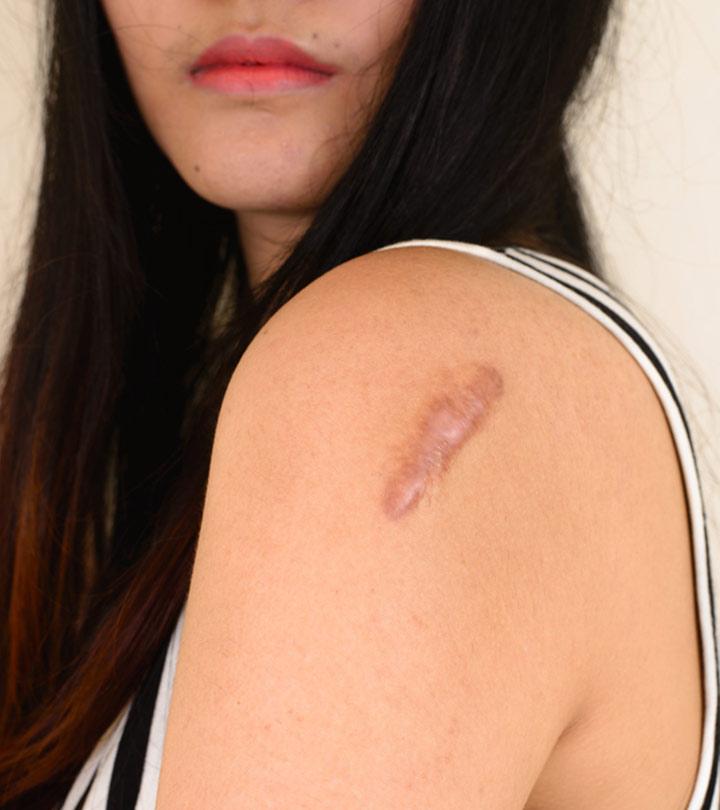
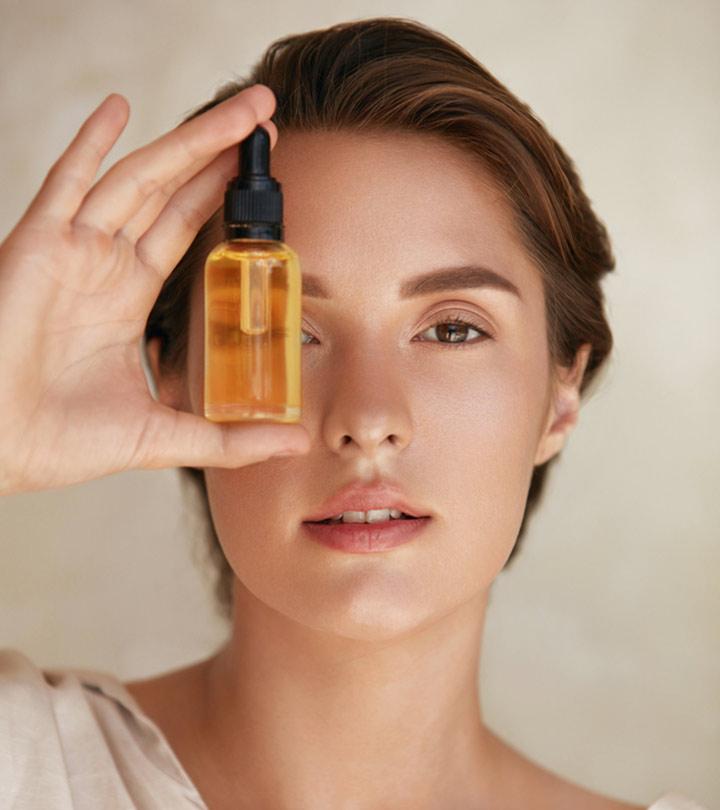
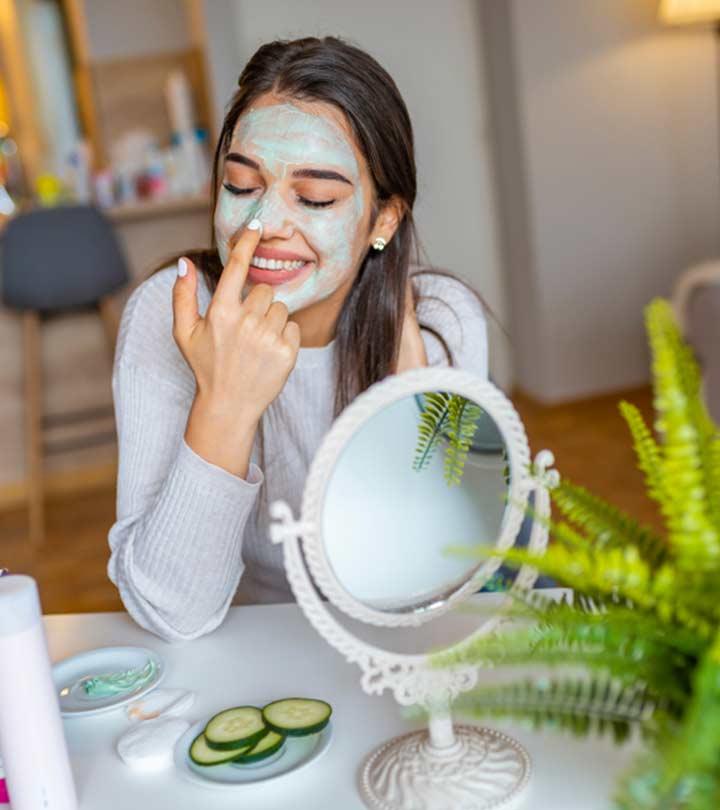
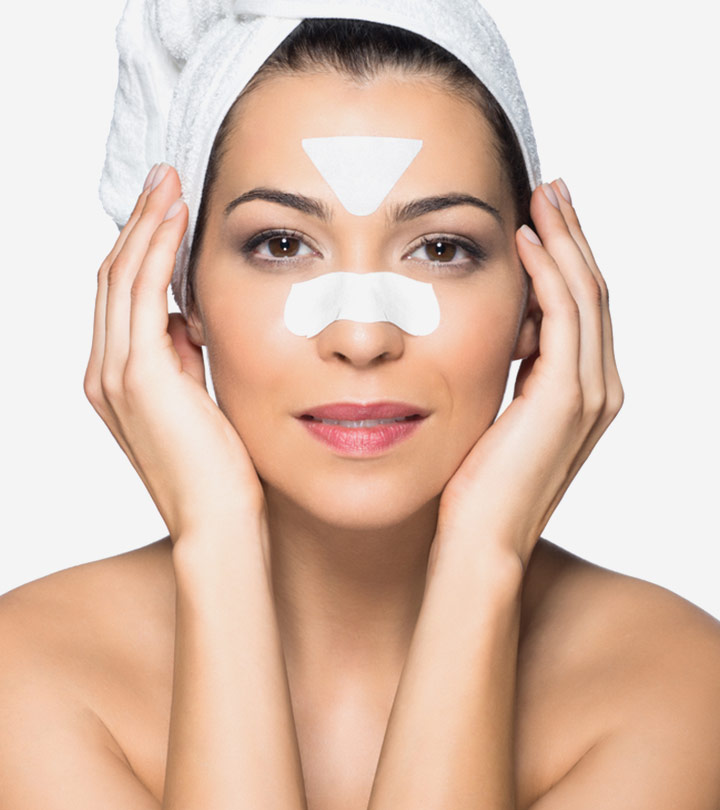
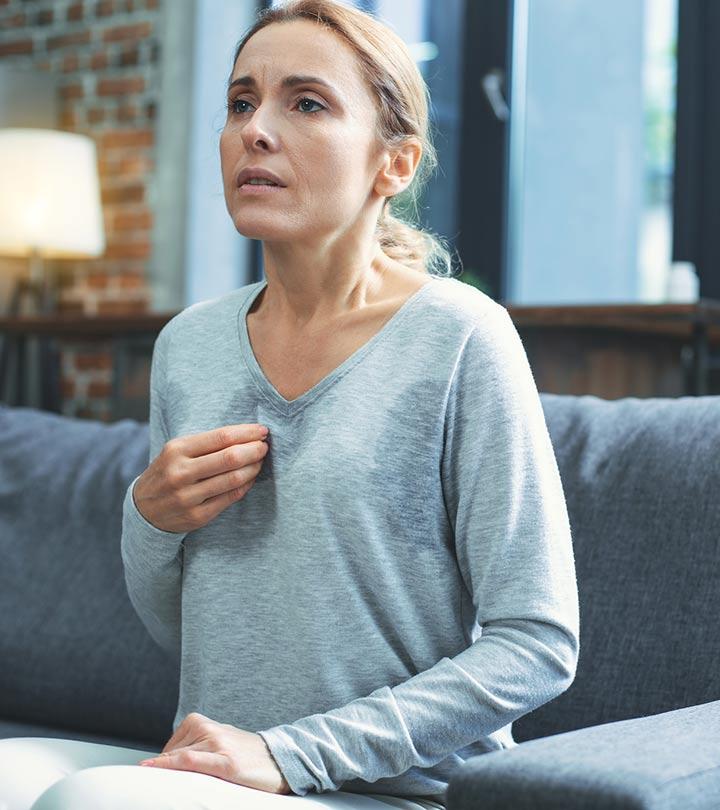


Community Experiences
Join the conversation and become a part of our empowering community! Share your stories, experiences, and insights to connect with other beauty, lifestyle, and health enthusiasts.